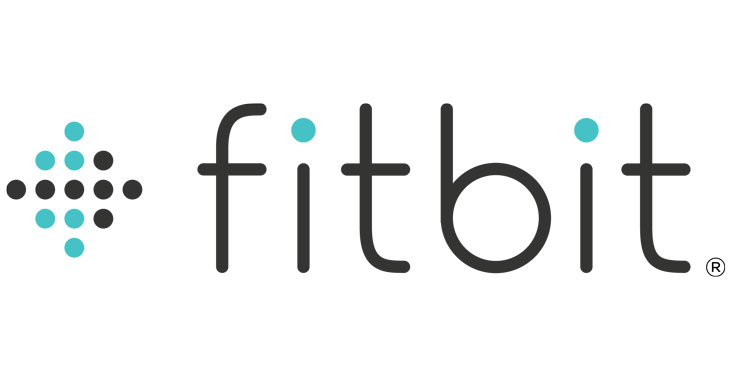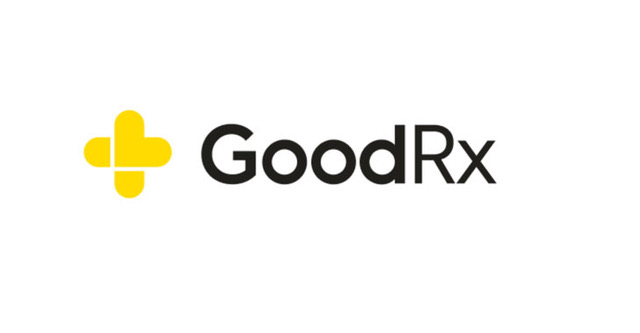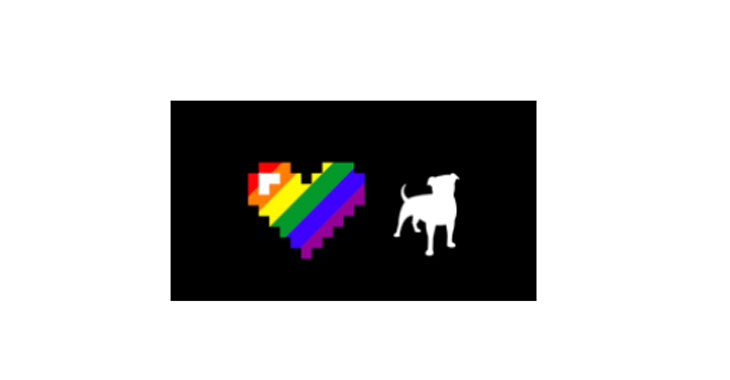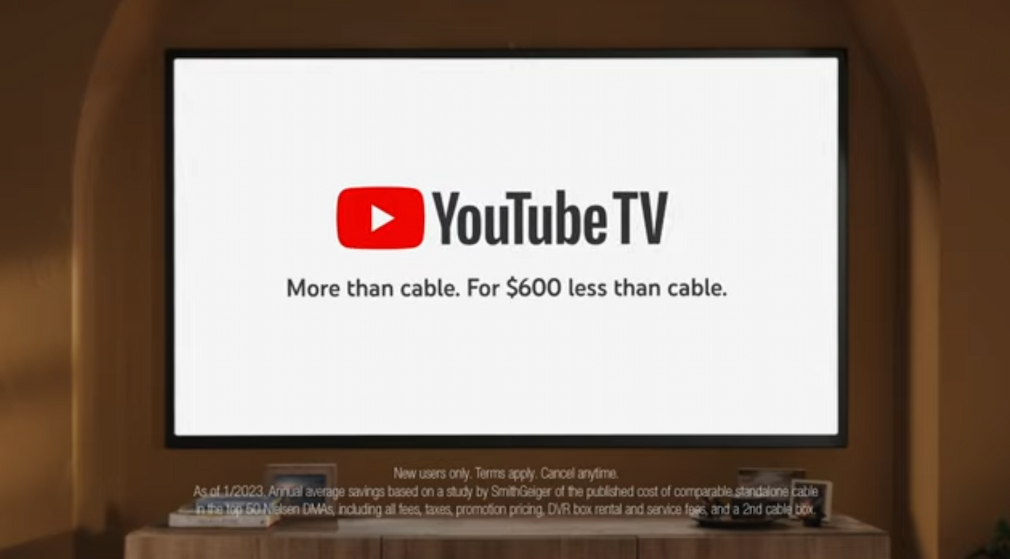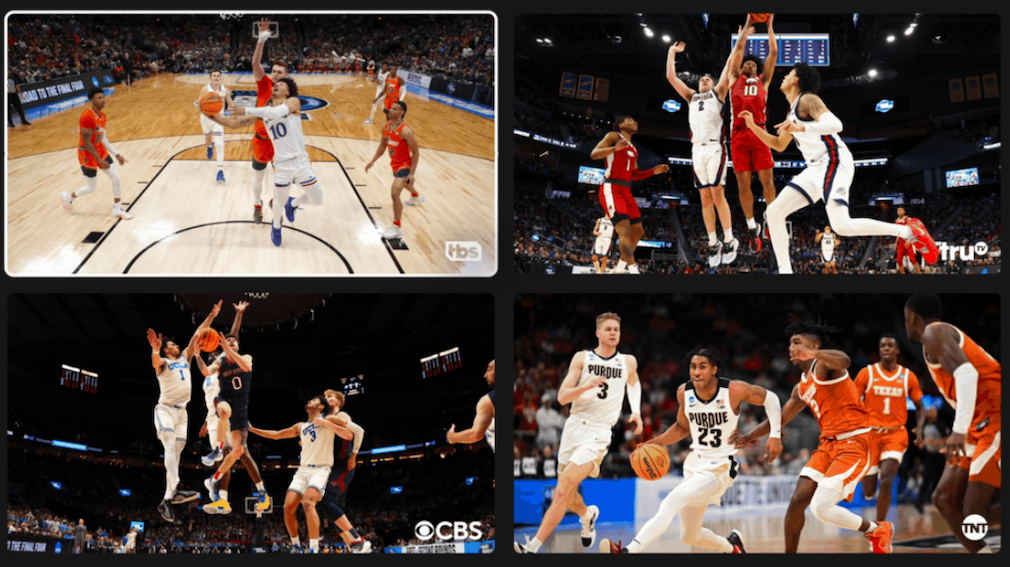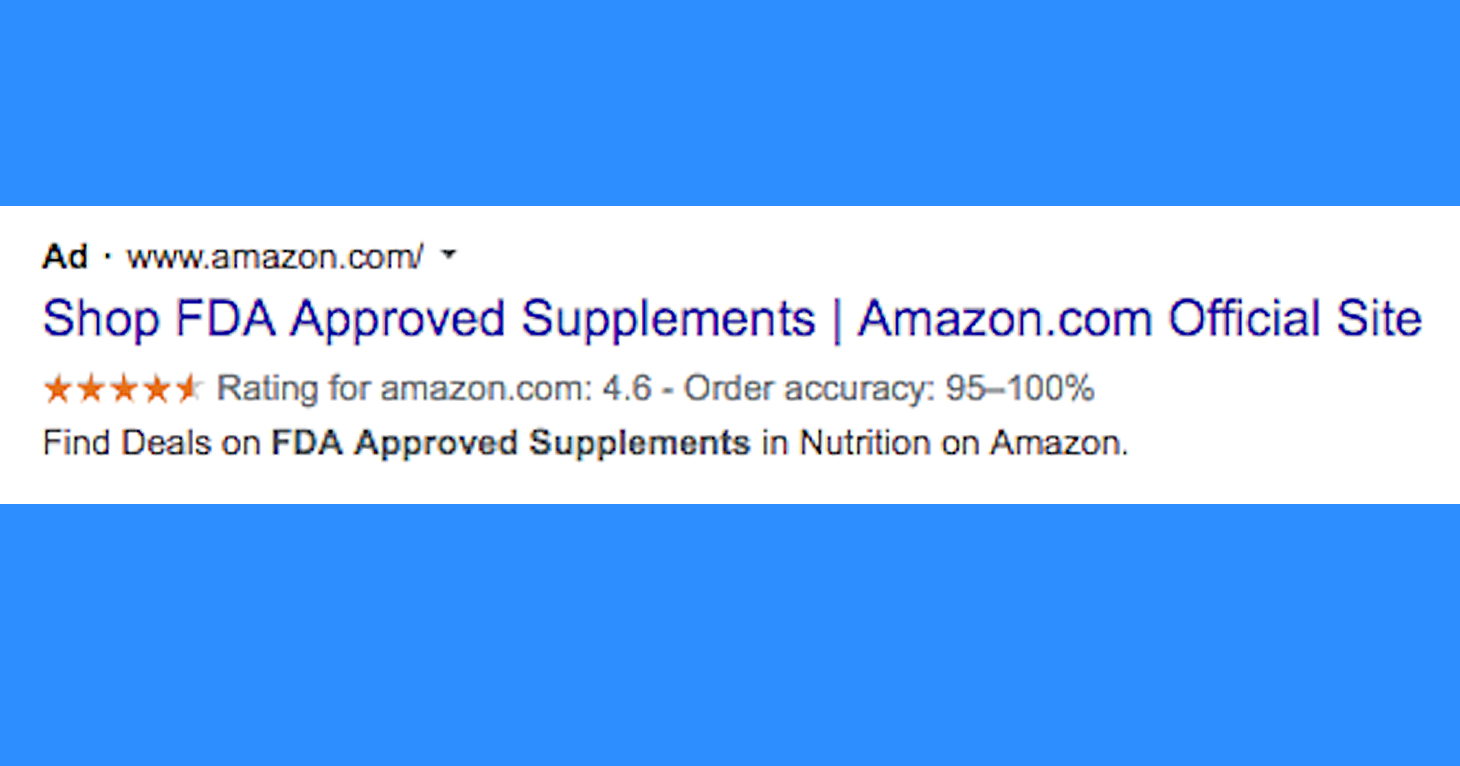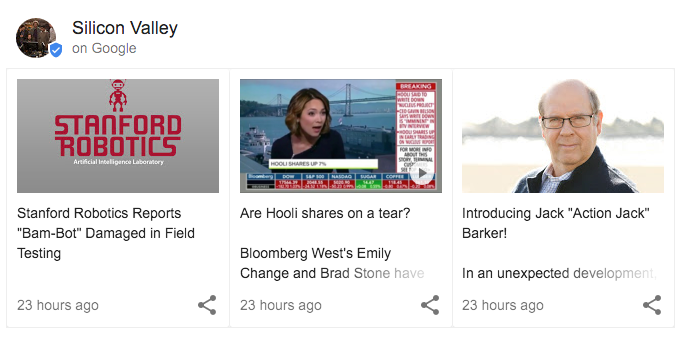
YouTube Subscriptions
Allegations: Failing to adequately disclose the terms of subscriptions
A.B. et al. v. Google LLC et al.
23-cv-3101, N.D. Cal.
(June 2023)
Google’s Designed for Families Program
Deceptively marketing apps in its Designed for Families program as safe and appropriate for children and complying with legal requirements relating to advertising to children when the apps collected personal information from children and used the data for advertising purposes, in violation of federal and state laws
Pending
Allegations: Failing to adequately disclose the terms of subscriptions
Allegations: Misleadingly marketing that fitness trackers are capable of measuring blood oxygen levels when they do not provide accurate measures
Allegations: Advertising phones as capable of accessing 5G broadband networks when they were no longer able to access 5G networks after a software update
Allegations: Falsely representing that the company safeguards consumers’ personal data when such information was disclosed to third parties
Allegations: Failing to adequately disclose the terms of subscriptions and making it difficult to cancel
Allegations: Promoting illegal virtual gambling games
Allegations: Promoting illegal virtual gambling games
Allegations: Promoting illegal virtual gambling games
Allegations: Promoting illegal virtual gambling games
Allegations: Promoting illegal virtual gambling games
Allegations: Failing to adequately disclose that certain games use loot boxes, which are a form of gambling that violates state anti-gambling laws
Allegations: Falsely advertising Stadia as more powerful than other gaming consoles and as displaying all video games in 4k resolution
In August 2020, a class-action lawsuit was filed against Google LLC and Alphabet Inc. for allegedly falsely advertising that various Google Home devices – including the Google Home, Google Home…
In June 2020, a class-action lawsuit was filed alleging that Google’s website – sometimes referred to as Google Buys or Google Shopping — misleadingly markets Pine-Sol Multi Surface Cleaner using…
In February 2019, a class-action lawsuit was filed against Fitbit, Inc. for allegedly misrepresenting the quality of Fitbit Charge 2 fitness bands by failing to disclose that a defect causes…
June 2018: One of the named plaintiffs (Dunn) filed an amended complaint bringing similar allegations. October 2017: A federal judge granted Fitbit’s motion to compel arbitration for the plaintiffs who…
November 2018: Plaintiffs moved for preliminary approval of a proposed settlement agreement. According to its terms, class members may file a claim to receive $12.50 for each qualifying Fitbit device…
August 2014: This case was voluntarily dismissed When a complaint is dismissed without prejudice, an amended version of the complaint can be refiled., the reasons for which have not been…
A false advertising class-action lawsuit was filed against Fitbit in February 2016. According to the complaint, the company deceptively markets the Charge HR and Surge wristband activity trackers with PurePulse™…
October 2016: After the named plaintiff’s motion for class certification was denied, this action was voluntarily dismissed When a complaint is dismissed with prejudice, it cannot be refiled.. March 2014:…
In January 2015, a class-action lawsuit was filed against Google for, among other things, allegedly deceiving customers who subscribe to Google Drive (a data-storage service). According to the complaint, Google…
Google appeals decision recommending it drop comparative pricing claim.
While ads suggest that feature is widely available, rollout is still in progress.
When companies green it, they better mean it.
Search engine also removes slider of ‘sponsored’ products in response to TINA.org inquiry.
Search engine results promote HBO show.
